A valid driver’s license from the Land Transportation Office (LTO) is required to operate a vehicle. But having a license does not mean you can drive any vehicle you want. Different vehicles have different DL codes, which indicate the type and size of the vehicle you are authorized to operate. You can find these codes on the back of your driver’s license card or on the front if you have an old card. Driving a vehicle that does not match your DL code is illegal and can result in penalties, charges, or even license suspension.
In this article, you will learn more about DL codes and how they differ from the old system of restriction codes. You will understand the reasons behind the change and how to obtain the correct DL code for your vehicle. You will also get a handy guide on how to check which vehicles you can drive with your license. By the end of this article, you will have a better grasp of the LTO’s restrictions and condition codes and how they affect your driving.
Old Restriction Codes vs New DL Codes
The Land Transportation Office (LTO) in the Philippines has recently updated its driver’s license system. The old Restriction Codes, which were used to indicate whether a motorist can drive a motorcycle, motor vehicle, or commercial vehicle, have been replaced with new alpha-numeric codes known as Driver’s License Codes (DL Codes).
The old system used numerical Restriction Codes from 1 to 8, each corresponding to a specific category of vehicle. However, this system was replaced in 2021 with the new DL Codes, which use alphanumeric codes and are located at the back of the license. Each alphanumeric DL Code corresponds to a specific type of vehicle that the license holder is permitted to operate.
The new DL Codes range from A to CE and represent general types of vehicles. For example, DL Code A pertains to all kinds of motorcycles; DL Code A1 pertains to all types of tricycles; DL Code B pertains to all kinds of passenger cars, and so on.
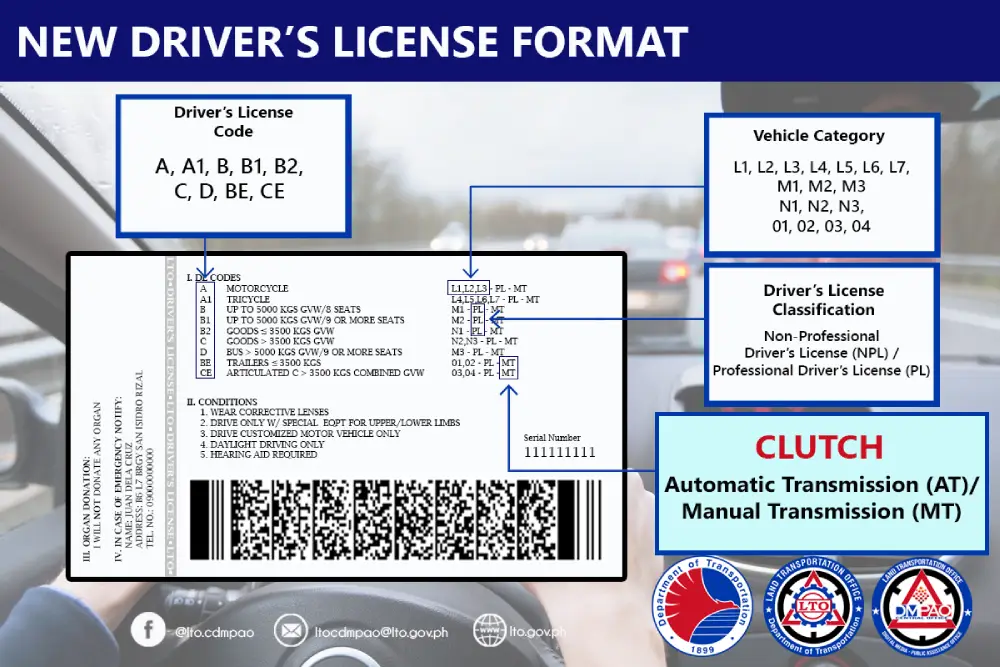
Under each DL code, there are more specific subcategories called Vehicle Category codes that indicate the types of vehicles each DL code holder may operate. For instance, DL code A has vehicle category codes L1, L2, and L3.
The new DL codes are more specific and detailed compared to the old restriction codes. They provide clear indications of what types of vehicles a driver is licensed to operate. This change aims to further specify what motorists can and can’t drive, thereby enhancing road safety and ensuring that drivers are adequately trained and licensed for the vehicles they operate.
It’s important for all drivers to understand these new DL Codes and ensure that their license has the correct code for the type of vehicle they intend to drive
Updated DL Codes of LTO Driver’s License
Here are the updated LTO Driver’s License DL Codes to help you know what vehicle you can legally drive:
1. DL Code A: Motorcycles
With DL Code A, you can drive any motorcycle model in the Philippines. It allows you to drive any motorcycle, no matter what kind of drive or transmission it has. Whether you prefer an internal combustion engine (ICE) or an electric motor, a manual or an automatic gearbox, or a combination of both, you can ride it with DL Code A.
Under DL Code A, there are three vehicle categories that you can legally drive:
- L1: Two-wheeled vehicle with a maximum design speed not exceeding 50 kph
- L2: Three-wheeled vehicle with a maximum design speed not exceeding 50 kph
- L3: Two-wheeled vehicle with a maximum design speed exceeding 50 kph
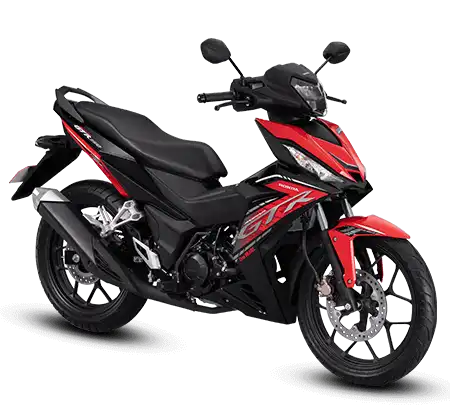
2. DL Code A1: Tricycles
Under this DL Code, you are allowed to drive three-wheeled motor vehicles and motorcycles with side cars. These include the common tricycles plying the provincial and national roads and the symmetrical three-wheel layouts like the Bajaj RE, Yamaha Tricity, and Bajaj Maxima Z. It also includes electric quadricycles and electric tricycles.
If Code A1 is included in your license, you can legally drive the following vehicle categories:
- L4: Motorcycle with sidecar with a maximum design speed not exceeding 50 kph
- L5: Three-wheeled, symmetrically arranged vehicles with a maximum design speed exceeding 50 kph
- L6: Four-wheeled vehicles with unladen mass not more than 350 kg and a maximum design speed not exceeding 45 kph
- L7: Four-wheeled vehicles with unladen mass not more than 550 kg and a maximum design speed not exceeding 45 kph

3. DL Code B: Passenger Cars
With DL code B, you can legally drive any passenger car with up to eight seats and a mass not exceeding 5000 kg. This means you are allowed to drive sedans, hatchbacks, coupes, and sport utility vehicles (SUVs).
Under this DL code, there is only one vehicle category:
- M1: Vehicles up to 5,000 kg GVW with not more than 8 passenger seats
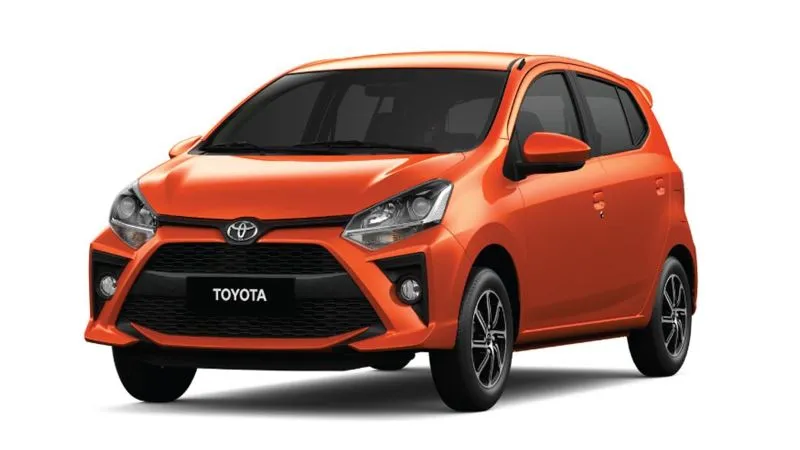
4. DL Code B1: Passenger Van or Jeepney
This DL code covers all the popular van models, like the Toyota Hi-Ace, Nissan NV350, and Hyundai Starex. It also includes the most common mode of transportation in the country, the ubiquitous passenger jeepney.
The only Vehicle Category Code under B1 is:
- M2: Any passenger vehicles with more than eight seats and GVW of less than 5000 kg.

5. DL Code B2: Light Commercial Vehicle
Drivers who have this DL code are permitted to drive four-wheel vehicles used to transport cargo and goods for business and commercial purposes. Under this DL code is a lone vehicle category:
- N1: Vehicles used for the carriage of goods, with a maximum GVW not exceeding 3500 kg.
Those who have this DL code on their licenses can drive vehicles like the Hyundai H-100, the Isuzu Traviz, the Mitsubishi L300, the JAC X200, and the JMC JMH.

6. DL Code C: Heavy Commercial Vehicle
If you have this DL code, you are permitted to drive large trucks, such as garbage trucks, container trucks, small fuel tankers, and fire trucks.
There are two vehicle categories under this DL Code C:
- N2: Vehicles used for the carriage of goods, with a maximum GVW exceeding 3500 kg but less than 12,000 kg.
- N3: Vehicles used for the carriage of goods, with a maximum GVW exceeding 12,000 kg.
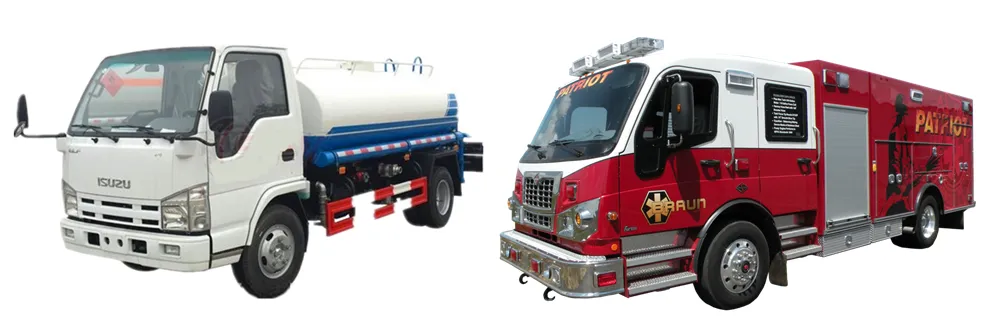
7. DL Code D: Passenger Bus
DL Code D allows drivers to drive any passenger bus model in the Philippines. Under this DL code, there is only one vehicle category:
- M3: Vehicles with more than eight seats and a maximum GVW of more than 5000 kg
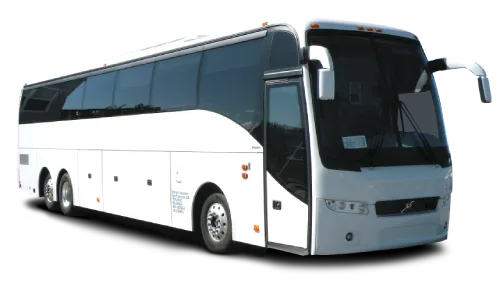
8. DL Code BE: Light Articulated Vehicle
Having this DL code on your driver’s license allows you to drive light articulated vehicles. Light Articulated Vehicles (LAVs) are a type of vehicle that feature permanent or semi-permanent pivot joints in their construction. LAVs have a lower Gross Vehicle Weight (GVW) than Heavy Articulated Vehicles (HAVs) and are often used for transporting goods over short distances. These include vehicles like cars, SUVs, or pick-up trucks with trailers.
The Vehicle Categories under this DL Code are:
- O1: Articulated vehicles with GVW less than 750 kg
- O2: Articulated vehicles with GVW not exceeding 3500 kg
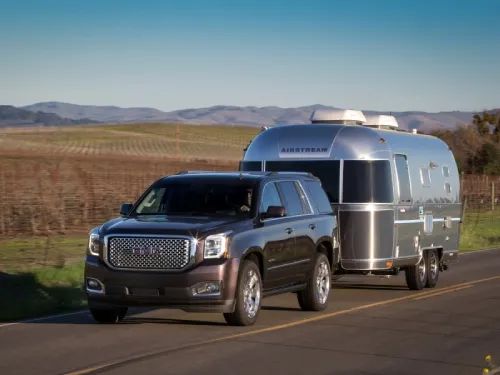
9. DL Code CE: Heavy Articulated Vehicle
With DL Code CE, you will be able to drive heavy articulated vehicles legally. Heavy Articulated Vehicles (HAVs) are used for transporting goods over long distances and have a higher Gross Vehicle Weight (GVW) than Light Articulated Vehicles (LAVs). Some examples of HAVs include: semi-trailer trucks, articulated haulers, flatbed trucks, car carriers, and articulated dump trucks.
The Vehicle Categories under this DL Code are:
- O3: Articulated vehicles with GVW exceeding 3500 kg but less than 10000 kg
- O4: Articulated vehicles with GVW exceeding 10000 kg

Old Restriction Codes and their Equivalent DL Codes
The old restriction codes were based on the gross vehicle weight and clutch type of the vehicles a person could drive. However, this system was not very clear and could lead to confusion. That’s why LTO changed it to a new DL code system in 2020, which considers more factors such as the number of seats and the maximum speed of the vehicles. When I renewed my license in April 2023, my old restriction codes 1 and 2 were converted to DL codes A, A1, B, B1, and B2. These DL codes correspond to the types of vehicles that I am allowed to drive, according to the table below:
| RESTRICTION CODES |
DL CODE | VEHICLE CATEGORY CODE |
GENERAL DESCRIPTION |
CLUTCH CODE |
|---|---|---|---|---|
| 1 | A | L1. L2, L3 | MOTORCYCLE | MANUAL TRANSMISSION (MT) OR AUTOMATIC |
| A1 | L4, L5, L6, L7 | TRICYCLE | ||
| 2/4 | B | M | PASSENGER CAR | |
| B1 | M2 | PASSENGER VAN JEEPNEY |
||
| B2 | N1 | LIGHT COMMERCIAL VEHICLES |
||
| 3/5 | C | N2, N3 | HEAVY COMMERCIAL VEHICLES |
|
| D | M3 | HEAVY PASSENGER BUS |
||
| 6/7 | BE | O1, O2 | LIGHT ARTICULATED VEHICLES |
|
| 8 | CE | O3, O4 | HEAVY ARTICULATED VEHICLES |
The table demonstrates how the new DL codes have replaced the previous restriction codes. The new DL codes are more specific and cover a wider range of vehicles. For example, restriction code 1 has been split into two DL codes: A and A1. Restriction codes 2 and 4 have been divided into three DL codes: B, B1, and B2. On the other hand, restriction codes 3 and 5 have been converted into DL codes: C and D. Moreover, restriction codes 6 and 7 have been combined into one DL code: BE for articulated vehicles. Finally, restriction code 8 has been changed to DL code CE for heavy articulated vehicles.
Professional or Non-Professional?
In the past, distinguishing between professional and non-professional driver’s licenses was straightforward, as the information was clearly displayed on the front of the license. However, with recent changes, one must now examine the back of the card to determine whether the license is professional or non-professional. If you look at the back of your driver’s license, you can see some codes like these:

If “NP” is in the codes, the license is a non-professional one. Meanwhile, if “PL” is indicated in the codes, it is a professional license. In the example above, the license is a non-professional license.
Summary
Driving a vehicle requires a valid driver’s license, but not all licenses are the same. Depending on the type of vehicle you want to drive, you need to have a specific DL code on your license. For example, even if you have a DL code for heavy equipment or a passenger bus, you cannot drive a motorcycle unless you also have a DL code for it. The DL codes indicate what vehicles you are allowed to drive according to your skills and qualifications. By following the DL codes, you can avoid fines and violations and drive safely and legally.

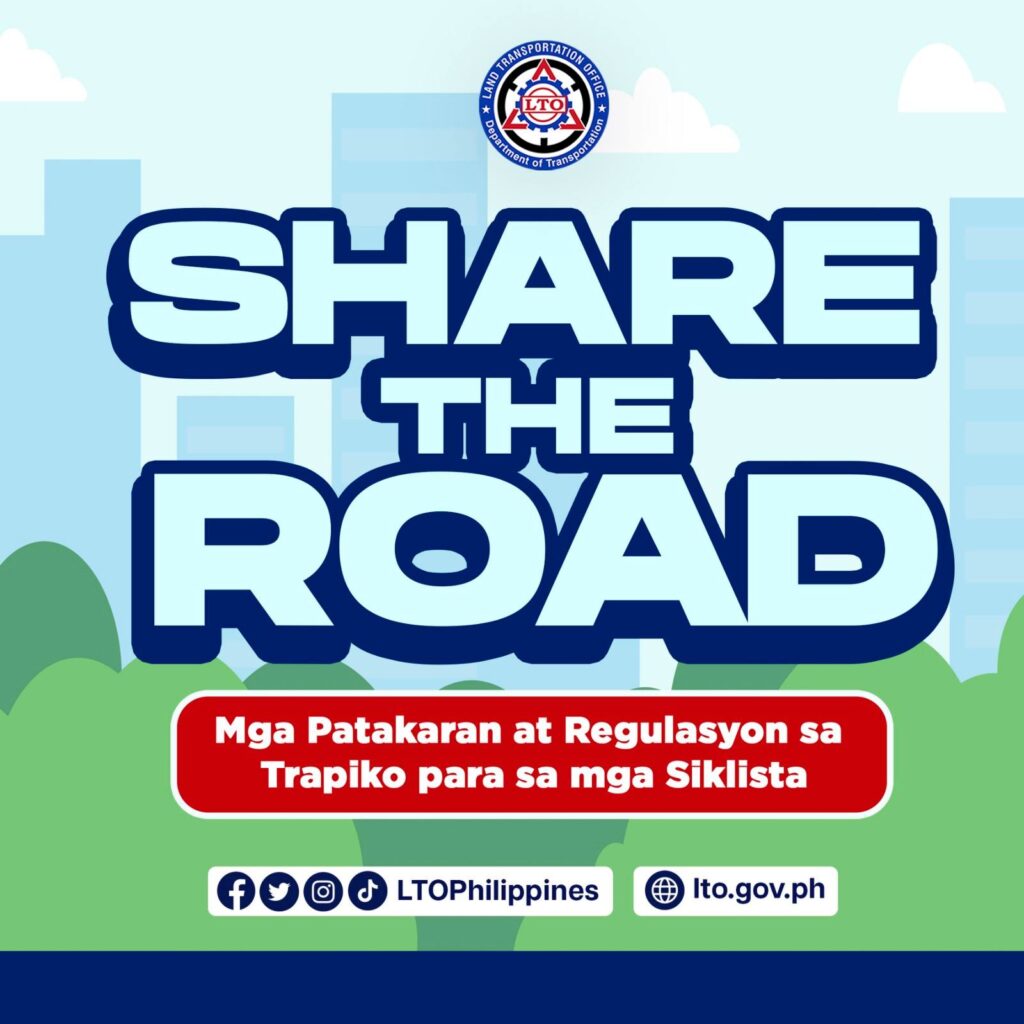
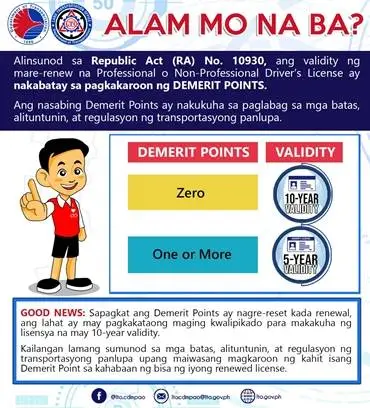
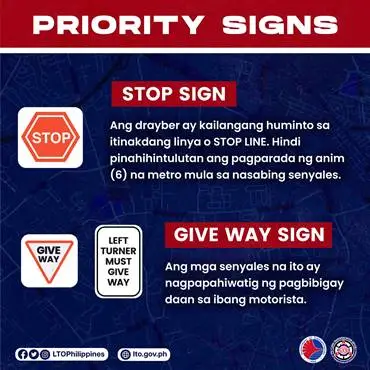
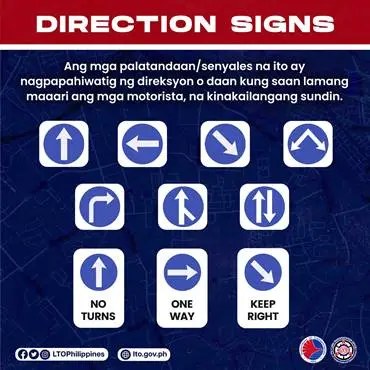
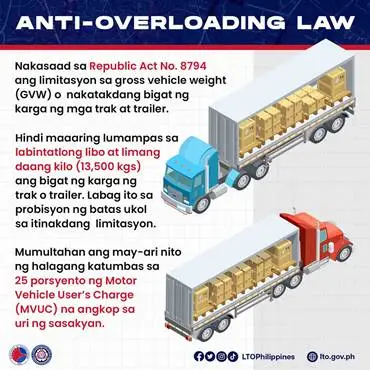
Pwede po ba mag drive ang non-pro sa pam-pasadang tricycle?
Di po pwede ang A1_L4-NP. Ang for hire po naTricycle ay under po sa RC 1 / A1_L4-PL.
Pwd po ba ang A,A1 mgdrive ng maliit na multicab ? Ung manual
Di po pwede. Ang multicab po ay under sa RC 2 DL B.
Pero kung Bokyo po n Cab, pwede po.
Sorry po..pwede po pla..A1-L7.
Dami pa nagtatanong na nanjan na lahat.. Hahay, Pinoy talaga.. Nagbabanggit pa ng non-professional eh wala na yan ngayon..
Ang maual po pwede po mag drive sa auto matc
Mga ebike, 2 wheels or 3 wheels, dapat ba may license ang driver? Anong code sila?
Yun restriction code ko sa license np pero meron mt. Puwede ba ako mag drive ng automatic motor or kotse.
Yung driver’s license ko ay B MT (4-wheel), pwede parin kaya ako mag drive ng automatic na motor? Or kelangan ko ng karagdagang DL code para sa 2-wheel?
If Ang RC mo is B need mo kumuha o mag dagdag Ng RC na A,A1 para sa motor
DL;
A, A1, B, B1, B2
Pwede po b mkaDrive ng 6wheelers close van?
Good day po ang DL A,A1,B,B1,B2 PL pwede po magdrive ng coaster van?
Hi, non-pro ako for 4 wheels. If gusto ko mg pro, ano process? Need parin ng driving school?